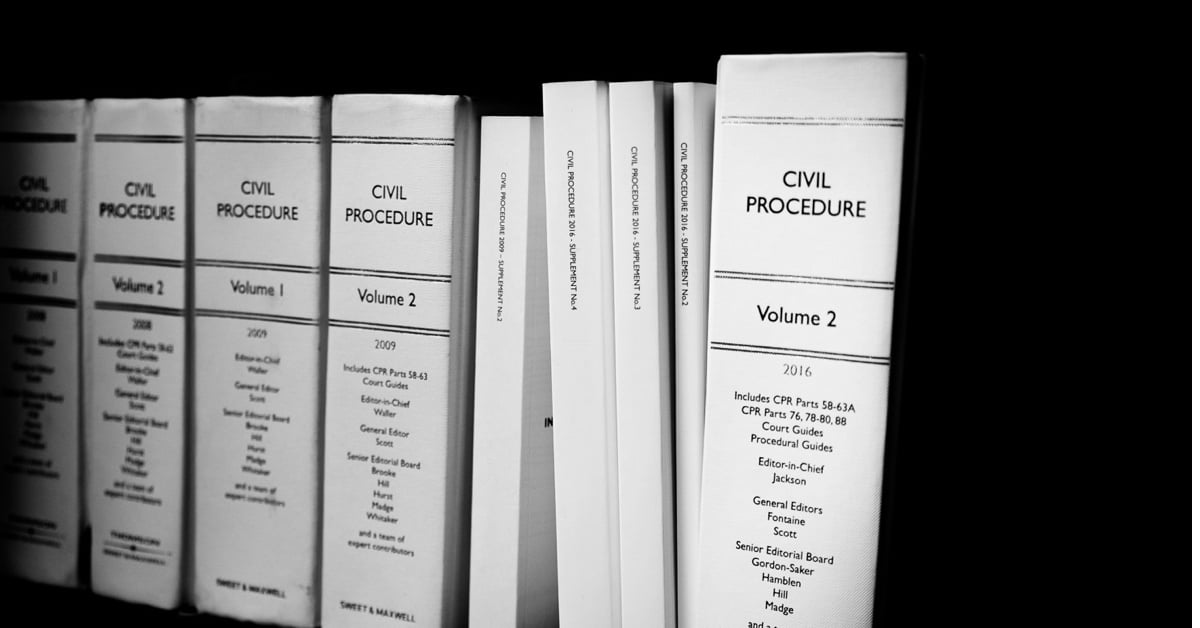
In a recent IPEC
decision, unregistered design rights in a wedding dress were successfully asserted against a third party, whose claims of honest practice were unsuccessful. Featuring a celebrity claimant in the form of Thelma Madine, a dressmaker heavily featured on Channel 4's Big Fat Gypsy Weddings, the case has garnered a degree of attention in the media and potentially among some brides-to-be whose tastes lean away from the understated.
Working with a colleague to design a new style of wedding dress, which we are led to believe is novel for the purpose of unregistered design rights, Ms. Madine created what has come to be referred to as the ‘Fan Dress’. This dress then formed the basis of some informal discussions with customers, held by Madine and her colleague, and generated some preliminary sketches. Subsequently, Madine and her colleague parted ways.
Some time later, a further customer named Chenise requested a continuation of these discussions with Ms. Madine’s former employee, at her new premises. The ideas discussed under her previous employment were developed into a new dress (the ‘Chenise’). This second dress was sold to the customer and later turned into a miniature doll, wearing a replica of said garb.
The claimant argued that unregistered design rights subsisted in the Fan Dress, which were subsequently infringed by the Chenise and once more upon its reproduction for use with dolls. Despite numerous instances of questionable testimony, withdrawal of evidence and inconsistent recollections of fact, the court was able to ascertain that the design of the Fan Dress was indeed novel and did indeed generate unregistered design rights in favour of the employer, Ms. Madine. The Chenise, in turn, reproduced an element substantively similar to a part of this unregistered design, and hence was found to infringe the unregistered design rights in the Fan Dress. The subsequent dolls were considered to represent a further infringement, by way of authorising a third party to infringe.
Whilst potentially not a victory for good taste, the decision serves as a reminder of the manner in which unregistered design rights are generated and the expensive ramifications for those whose personal differences render settlement outside of court proceedings impossible. These sorts of situations, whilst occasionally drawing a chuckle based on the facts, are all too common in the world of fashion, where designs are often the result of collective endeavour, and partnerships and collaborations are subject to variation. This is potentially a useful reminder for the brand owner in the field of fashion, then, to document designs accurately and frequently.
Working with a colleague to design a new style of wedding dress, which we are led to believe is novel for the purpose of unregistered design rights, Ms. Madine created what has come to be referred to as the ‘Fan Dress’. This dress then formed the basis of some informal discussions with customers, held by Madine and her colleague, and generated some preliminary sketches. Subsequently, Madine and her colleague parted ways.
Some time later, a further customer named Chenise requested a continuation of these discussions with Ms. Madine’s former employee, at her new premises. The ideas discussed under her previous employment were developed into a new dress (the ‘Chenise’). This second dress was sold to the customer and later turned into a miniature doll, wearing a replica of said garb.
The claimant argued that unregistered design rights subsisted in the Fan Dress, which were subsequently infringed by the Chenise and once more upon its reproduction for use with dolls. Despite numerous instances of questionable testimony, withdrawal of evidence and inconsistent recollections of fact, the court was able to ascertain that the design of the Fan Dress was indeed novel and did indeed generate unregistered design rights in favour of the employer, Ms. Madine. The Chenise, in turn, reproduced an element substantively similar to a part of this unregistered design, and hence was found to infringe the unregistered design rights in the Fan Dress. The subsequent dolls were considered to represent a further infringement, by way of authorising a third party to infringe.
Whilst potentially not a victory for good taste, the decision serves as a reminder of the manner in which unregistered design rights are generated and the expensive ramifications for those whose personal differences render settlement outside of court proceedings impossible. These sorts of situations, whilst occasionally drawing a chuckle based on the facts, are all too common in the world of fashion, where designs are often the result of collective endeavour, and partnerships and collaborations are subject to variation. This is potentially a useful reminder for the brand owner in the field of fashion, then, to document designs accurately and frequently.
Tags
Fashion /
Designs & Copyright /
Celebrity /
Disputes
Found this article interesting today?
Send us your thoughts:
Send us your thoughts:
Would you like to read more articles like this?
Stobbs IP Limited
Building 1000
Cambridge Research Park
CB25 9PD
Building 1000
Cambridge Research Park
CB25 9PD
Tel. 01223 435240
Fax. 01223 425258
info@iamstobbs.com
Fax. 01223 425258
info@iamstobbs.com
Website Terms & Conditions
Privacy policy
German office legal notice
Cookie Declaration
Complaints Policy
Copyright © 2022 Stobbs IP
Privacy policy
German office legal notice
Cookie Declaration
Complaints Policy
Copyright © 2022 Stobbs IP
Stobbs (IP) Limited, trading as Stobbs, registered in England and Wales, Company number 08369121.
Registered Office: Building 1000, Cambridge Research Park, Cambridge, CB25 9PD.
VAT Number 155 4670 01.
Stobbs (IP) Limited and its directors and employees who are registered UK trade mark attorneys are regulated by IPReg www.ipreg.org.uk
Registered Office: Building 1000, Cambridge Research Park, Cambridge, CB25 9PD.
VAT Number 155 4670 01.
Stobbs (IP) Limited and its directors and employees who are registered UK trade mark attorneys are regulated by IPReg www.ipreg.org.uk

